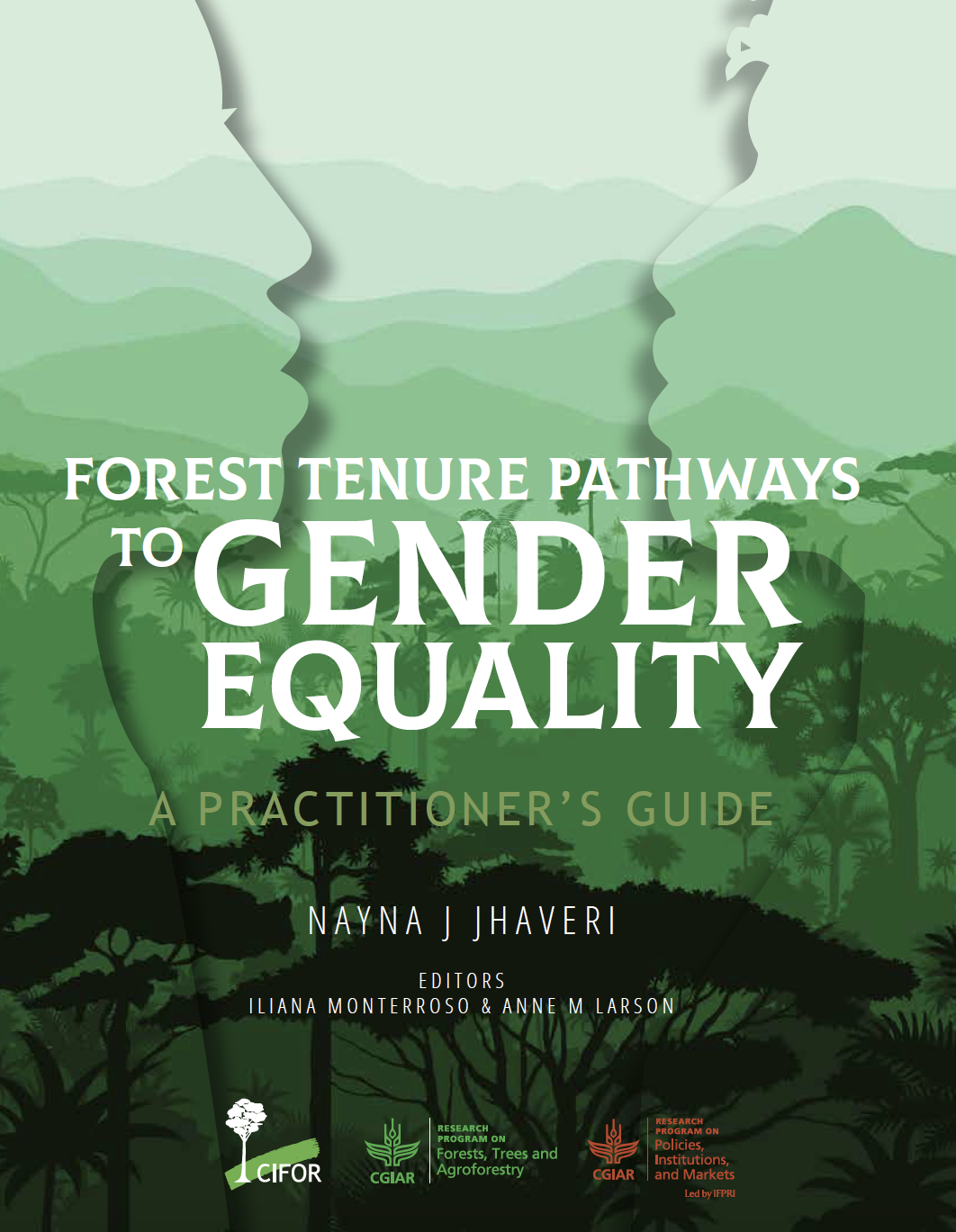Rwanda’s Land Policy Reform: Self-Employment Perspectives from a Case Study of Kimonyi Sector
Rwanda’s Land Policy Reform promotes agri-business and encourages self-employment. This paper aims to analyze the situation from a self-employment perspective when dealing with expropriation risk in rural areas. In this study, we conducted a structured survey addressed to 63 domestic units, complemented by focus groups of 47 participants from Kimonyi Sector.










